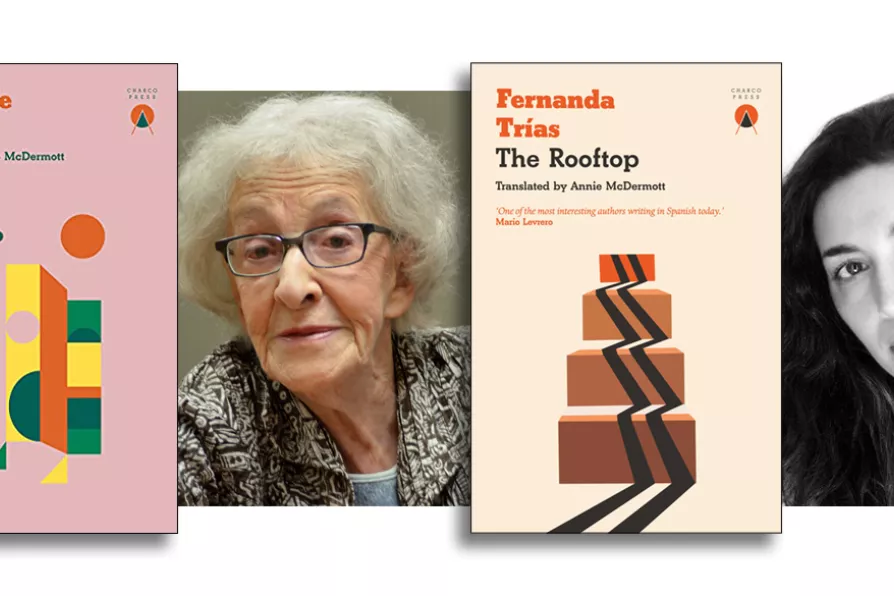MATTHEW HAWKINS contrasts the sinister enchantments of an AI infused interactive exhibition with the intimacies disclosed by two real artists

 (L to R) Ida Vitale and Fernanda Trias
[(L to R) Pdx123/Creative Commons; Charco Press]
(L to R) Ida Vitale and Fernanda Trias
[(L to R) Pdx123/Creative Commons; Charco Press]
BYOBU (Charco Press, £9.99) is a puzzling book by the Uruguayan poet Ida Vitale (b1923), a member of the acclaimed Generation of ’45 and winner of one the most important literary distinctions in the Spanish language, the Cervantes Prize.
It is Vitale’s first book of prose to be published in English and has been superbly translated by Sean Manning. It could be read as an experimental novel, an essayistic notebook or as a series of concatenated aphorisms.
But it is also a book of poetry written in prose, where the main character, the elusive Byobu, navigates a tantalising world woven through by many strange and playful stories.

LEO BOIX introduces a bold novel by Mapuche writer Daniela Catrileo, a raw memoir from Cuban-Russian author Anna Lidia Vega Serova, and powerful poetry by Mexican Juana Adcock

A novel by Argentinian Jorge Consiglio, a personal dictionary by Uruguayan Ida Vitale, and poetry by Mexican Homero Aridjis












